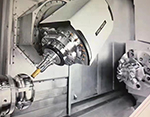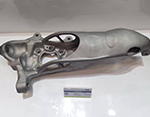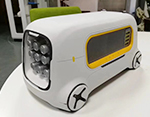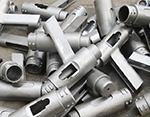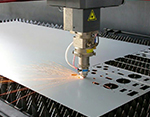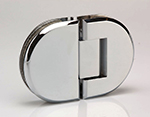Low Volume Manufacturing
What is low volume manufacturing?
Low volume manufacturing is a specialized service that provides complete production quality parts, but in quantities ranging from a single piece to several thousand. It is ideal for moving ideas from the concept stage to prototyping and from there it becomes a bridge to full production.
Low volume manufacturing is considered a specialized service because most manufacturers don't want to do it. Their assembly lines and supply chains are optimized for high-volume production that takes advantage of economies of scale. There is nothing wrong with this approach because it is the best way to ensure the lowest cost per piece. However, it usually requires a large minimum order quantity and a commitment to expensive tooling.
How to handle low volume manufacturing
What is the secret to successful low volume manufacturing? Are there differences in the type of raw materials used, processing methods, or quality of the finished product?
Our customers are concerned that low volume manufacturing does not mean sacrificing quality or accuracy compared to full production manufacturing. Rest assured that when we handle small lot orders, we use the same materials, the same equipment and the same stringent quality controls.
How do we do it? We are experts in multi-variety, low volume production because our systems are optimized to scale from one part to a million. This means we have a robust supply chain for raw materials, so you are not burdened with minimum order quantities. We have a digital manufacturing platform that connects all of our equipment into one network. This allows us to allocate resources quickly and efficiently between our work centers so that complex orders can be processed quickly.
Benefits of Low Volume Manufacturing
How can low volume manufacturing help you and your business? Here are a few ways.
Bridge the gap between rapid prototyping and full production
Reduce your financial risk because we don't have minimum order values
Quick access to emerging markets
Quickly respond to shorter product lifecycles
Allow for faster design changes
Why choose Kesu Group for small batch production
Extensive In-House Services
To meet the diverse low volume manufacturing needs of our global partners, our team proudly offers a wide range of in-house manufacturing services, deployed with industry-leading agility. These include plastic injection molding, CNC machining, pressure die casting, and more. You can trust us to manage your production with the precision and quality you deserve.
Proven track record
With several years of combined experience, our engineers and technicians have helped thousands of organizations launch their products. Read on to see our small batch production programs.
Industry Leading Materials Verification and Testing Services
Quality materials are the first step to a first-class product. We offer advanced incoming material inspection and verification to ensure that all raw materials meet your exact product specifications.
Manufacturing Support and Remote Flexibility for Design
We provide our customers with detailed design for manufacturing support. For customers who are unable to visit our facilities in person, we also provide detailed video documentation showing all production steps.


